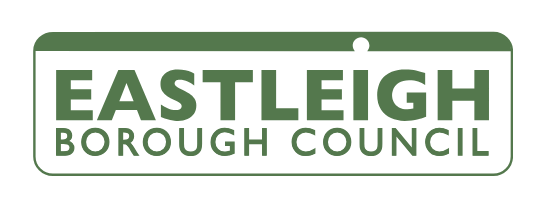As local authorities prepare for the implications of the UK Government’s provisional local government finance settlement for 2025-2026, understanding its key updates is crucial. This announcement marks significant funding structure and priority changes, directly affecting councils’ budget planning and service delivery strategies. Here are the main points of the local government finance settlement and their potential impact.
Key items from the settlement
Council Tax reports 2025 to 2026
The settlement includes provisions to guide local authorities in setting council tax levels for 2025-26. Councils are expected to balance revenue generation with affordability for residents. Guidelines for permissible council tax increases and any exemptions will be detailed to ensure compliance and transparency in decision-making.
Core spending power of local authorities 2025 to 2026
Local authorities’ core spending power is projected to see an uplift, reflecting the government’s commitment to supporting essential services. This increase accounts for additional funding streams, including social care allocations and business rates retention, enabling councils to address local needs more effectively.
Social care funding
The provisional local government finance settlement for 2025-26 makes up to £3.7 billion in additional funding for social care available. This investment will support adult and children’s social care services, helping local authorities manage increasing demand and rising costs and improve care delivery and outcomes for vulnerable people.
Compensation for National Insurance increases
Local authorities will receive £515 million in compensation from central government for the cost of National Insurance (NI) increases. This funding aims to alleviate financial pressures from higher employment costs, allowing councils to better manage their budgets. Allocation details for each authority are expected in February 2025.
Business Rates Retention 2025 to 2026
The settlement confirms the continuation of the Business Rates Retention Scheme, allowing local authorities to retain a portion of business rates revenue. This mechanism incentivises local economic growth while providing a stable revenue source. The forthcoming Business Rates Reset, planned for 2026/27, will reassess baselines to ensure equity, with consultations scheduled for early next year.
New Homes Bonus (NHB) allocations
The 2025-26 settlement includes provisional NHB allocations, rewarding councils for housing growth in their areas. The NHB can be achieved through new builds, conversions of properties into residential use, and by bringing long-term empty properties back into a habitable state.
Transition to multi-year settlements
After years of one-year settlements, the move towards multi-year agreements from 2026/27 onwards promises greater financial stability and predictability. This change will empower local authorities to effectively align their resources with long-term strategic objectives.
Burdens funding allocation
New allocation formulas for burdens funding will address the distribution of resources for emerging statutory responsibilities. Councils will need to evaluate these formulas to ensure readiness for upcoming challenges closely.
Implications for local authorities
These updates reflect both opportunities and challenges for local government leaders. The shift to multi-year settlements provides much-needed predictability, enabling better long-term planning. However, initiatives like the Business Rates Reset consultation introduce complexities that require strategic foresight and proactive engagement.
Navigating these changes will necessitate close attention to upcoming consultations and funding allocations. Councils should consider the potential impact on their financial strategies, service delivery priorities, and community outcomes.
Insights for navigating the transition
Embrace adaptability
With major consultations and changes on the horizon, adaptability will be key. Councils should engage actively in the consultation process to ensure their perspectives are represented and their specific needs addressed.
Strengthen financial planning
The move to multi-year settlements presents an opportunity to adopt more robust financial planning frameworks. By integrating scenario analysis and stress testing, councils can better anticipate and respond to funding variations.
Focus on collaboration
Collaboration across local authorities, as well as with central government and external partners, can facilitate knowledge-sharing and innovative solutions. This is especially critical for addressing shared challenges, such as resource allocation and service delivery under constrained budgets.
Leverage data and technology
Data-driven decision-making and digital transformation will play pivotal roles in managing the impacts of these changes. Councils can explore ways to enhance efficiency and citizen engagement through technology, positioning themselves to deliver improved outcomes with available resources.
Looking ahead
The 2025-2026 provisional settlement underscores the dynamic nature of local government finance. While it introduces uncertainties, it also provides opportunities for councils to strengthen their strategic planning and operational resilience.
By staying informed, engaging proactively in consultations, and adopting innovative approaches, local authorities can turn these challenges into opportunities to serve their communities better. As these developments unfold, maintaining a focus on transparency, efficiency, and collaboration will be key to navigating this transition successfully.
Read the full Provisional local government finance settlement.
How Liberata can help
With 50 years of experience working with local authorities, Liberata understands the complexities of the public sector. We are committed to supporting our customers through periods of change by offering insights, fostering collaboration and partnerships, and providing innovative approaches to challenges.





